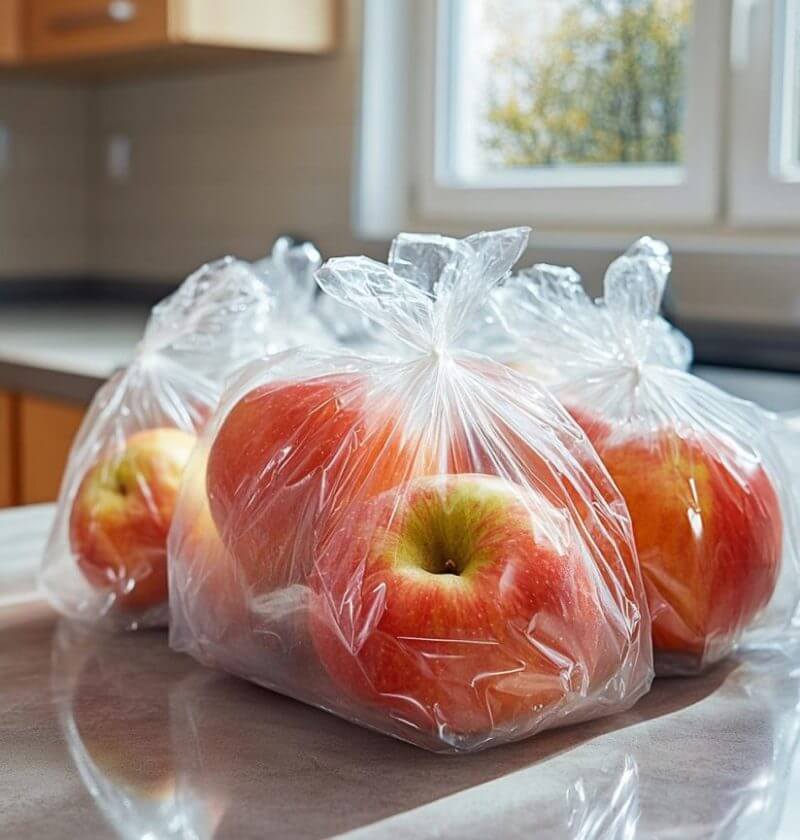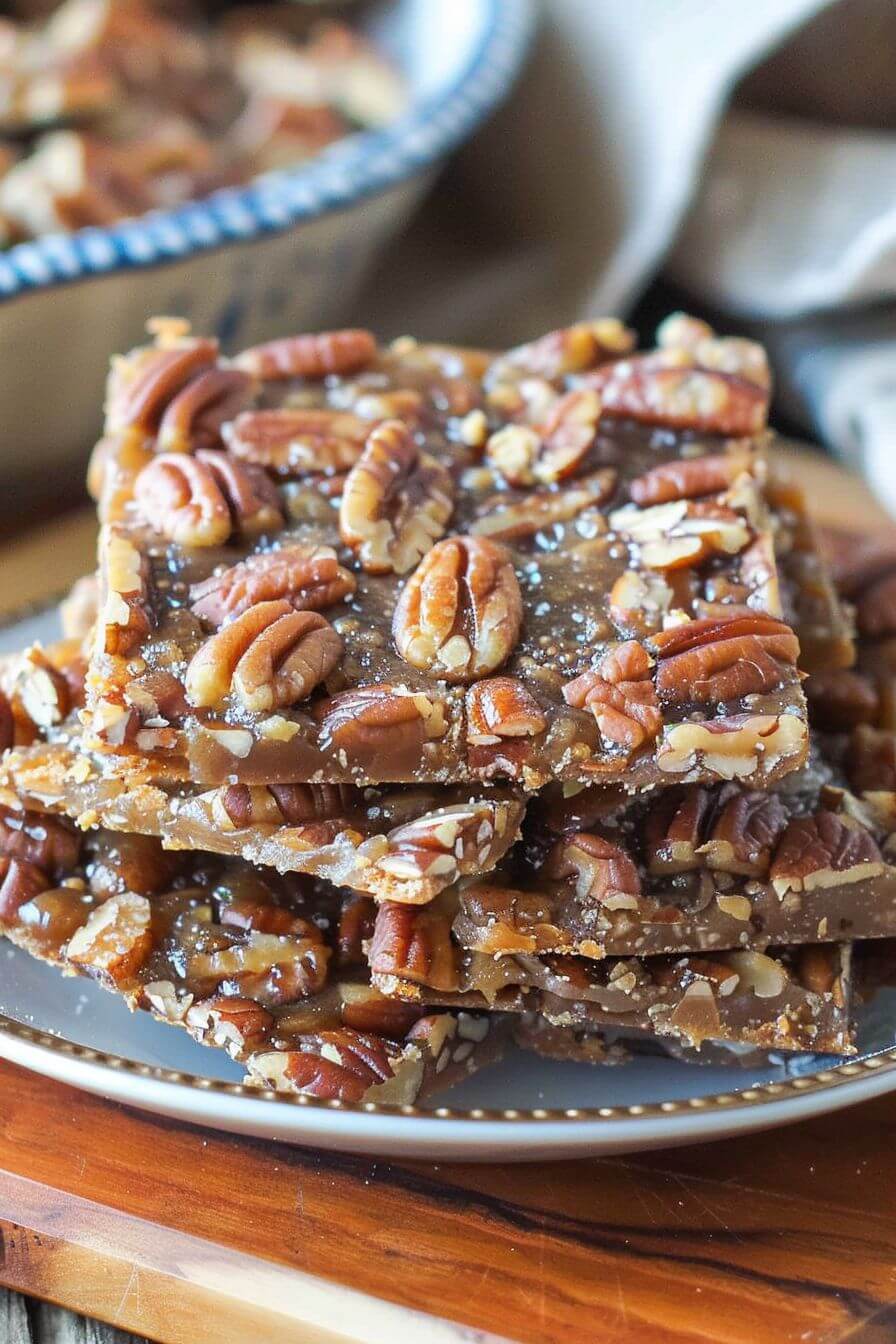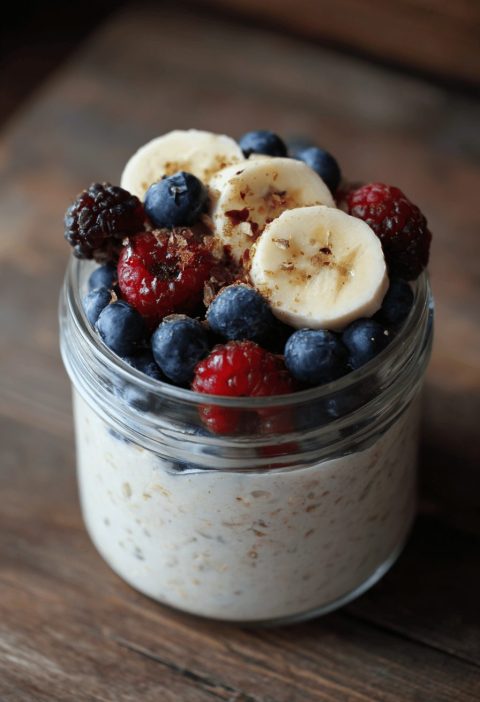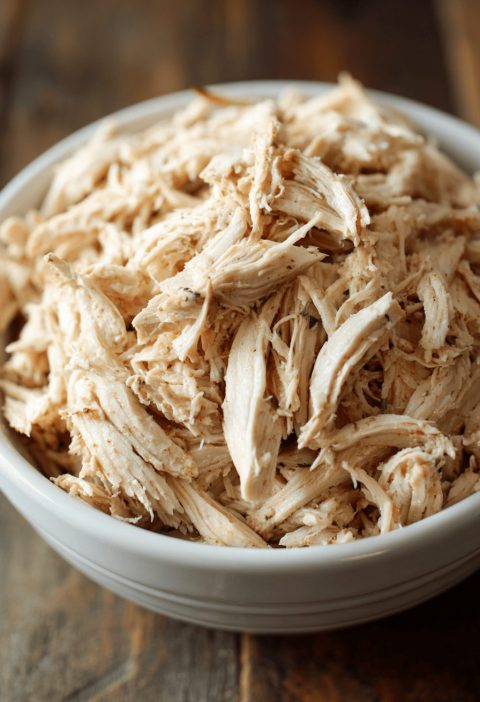Would you like to save this?
If you’ve ever eagerly stocked up on fresh apples, only to find them brown, mushy, or shriveled just a week later, you’re not alone. I’ve been there—frustrated by the waste of tossing apples that turned too soft way too soon. But here’s the good news: keeping apples fresh for weeks (even up to eight weeks) isn’t as tricky as you might think. It doesn’t require any special gadgets or fancy fridge systems. In fact, all you need is a few simple tools you already have at home.
Thanks to my mom’s tried-and-true method, I now enjoy crisp, juicy apples for much longer, without worrying about waste or soggy fruit. This guide will walk you through everything you need to know to store apples correctly and make them last.
The Key: Cool, Humid Storage
The secret to storing apples long-term lies in replicating the environment they thrive in before harvest—cool temperatures and high humidity. If you can mimic these conditions at home, you’ll slow the ripening process, prevent moisture loss, and avoid spoilage. The best part? You don’t need to buy anything special. With a little know-how, your apples can stay fresh and flavorful for weeks.
Below is a step-by-step guide to help you master this apple storage technique.
Step-By-Step Method to Store Apples Properly
1. Choose the Right Apples
Start by selecting high-quality apples. Not all apple varieties store equally well. Firm, crisp varieties—such as Granny Smith, Fuji, or Gala—naturally last longer than softer ones. My mom always said, “The better the apple starts, the longer it’ll last.” So avoid overly soft apples or any with visible bruises—these will spoil faster no matter how carefully you store them.
2. Inspect and Separate the Apples
Before storing, inspect each apple carefully. Even a small bruise can accelerate spoilage, so set any apples with blemishes aside to use first. These slightly damaged apples should be placed in a separate bowl and eaten within a few days. By removing imperfect apples, you reduce the chance that one bad apple will ruin the bunch.
3. Create the Perfect Humidity: Use a Damp Cloth or Paper Towel
Humidity is essential to keeping apples crisp. Here’s the trick:
- Take a clean paper towel or thin cotton cloth and dampen it slightly. You want it moist but not soaking wet—just enough to create the right amount of humidity without excess moisture, which could cause rot.
- Place the damp paper towel or cloth inside a perforated plastic bag (like a produce bag) or a breathable, reusable bag. The perforations allow air circulation while maintaining a humid environment, preventing your apples from drying out or shriveling.
4. Store the Apples in the Crisper Drawer
Now that your apples are prepped, place the bag in your refrigerator’s crisper drawer. The crisper drawer is ideal because it helps regulate humidity levels, giving your apples the cool, moist environment they need.
The slight moisture from the paper towel ensures the apples stay hydrated without becoming soggy, while the perforated bag allows just enough air to circulate, keeping the fruit fresh.
5. Inspect Weekly to Prevent Spoilage
Even though this method can keep apples fresh for up to eight weeks, it’s still important to check on them periodically. Set a reminder to inspect the apples every week or two. If any apples show signs of spoilage—such as bruising, soft spots, or leaks—remove them immediately to prevent ethylene gas from spreading and speeding up the ripening process of the others.
Why This Storage Trick Works
If you’re wondering why this method works so well, it all comes down to science. Apples continue to ripen after they’re picked due to the natural release of ethylene gas, a plant hormone that promotes ripening. Here’s how each part of this method tackles the challenges of apple storage:
- Cool temperatures slow down the release of ethylene gas, keeping the apples from ripening too quickly.
- Humidity prevents apples from losing moisture, which keeps them from becoming mealy or shriveled.
- Air circulation (thanks to the perforated bag) prevents moisture buildup, which could lead to mold or rot. It also helps release ethylene gas instead of trapping it, which further slows down the ripening process.
This combination of cool air, proper humidity, and ventilation creates the ideal storage environment for apples, keeping them fresh far longer than leaving them in a fruit bowl on the counter.
Bonus Tip: Store Different Varieties Together—But Be Strategic
If you love having a mix of apples on hand—like Granny Smith for baking and Fuji for snacking—you can store them together using this method. Just be mindful that some apple varieties ripen faster than others. For example, sweeter apples like Fuji tend to spoil sooner than tart varieties like Granny Smith. To get the most out of your apples, keep an eye on the sweeter ones and use them first.
Frequently Asked Questions
1. Can I store apples in a plastic bag?
Yes, but make sure to use a perforated plastic bag or a breathable produce bag. Without ventilation, moisture can accumulate, leading to mold and faster spoilage.
2. How long do apples last in the fridge?
With proper storage, apples can last anywhere from four to eight weeks in the refrigerator. Some firmer varieties, like Granny Smith, can even last up to three months under ideal conditions.
3. Should I wash apples before storing them?
No. It’s best to wash apples only when you’re ready to eat them. Washing before storage can introduce moisture that promotes mold growth.
4. Can apples be frozen?
Yes, apples can be frozen! If you have more apples than you can use, peel, core, and slice them, then freeze them in airtight bags. Frozen apples are great for baking and smoothies.
5. Why do apples turn mealy in the fridge?
Apples can turn mealy if they lose too much moisture. That’s why humidity control is essential. The slight moisture from the paper towel in your storage bag helps keep apples crisp without making them soggy.
Final Thoughts
Keeping apples fresh doesn’t have to be a challenge. With just a damp paper towel, a breathable bag, and your fridge’s crisper drawer, you can store apples for weeks without losing their crunch or flavor. This simple trick has saved me countless apples from going to waste—and it will do the same for you.
By following these steps, you’ll enjoy crisp, juicy apples for up to eight weeks. No more throwing away fruit that went bad too soon, and no more rushing to eat all your apples before they spoil. Whether you’re stocking up at the farmers’ market or buying a big bag at the grocery store, this method ensures your apples stay delicious from the first bite to the last.
So next time you bring home a haul of apples, give this trick a try. Your fruit bowl—and your wallet—will thank you!







